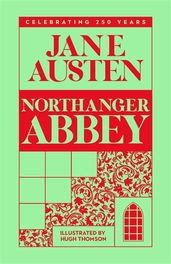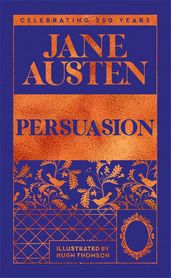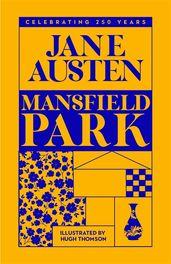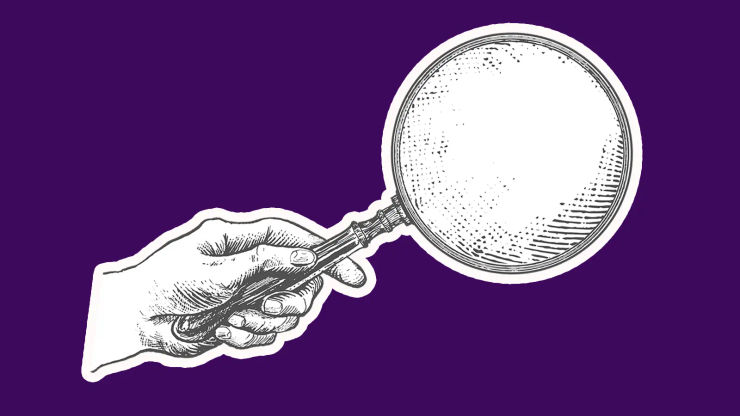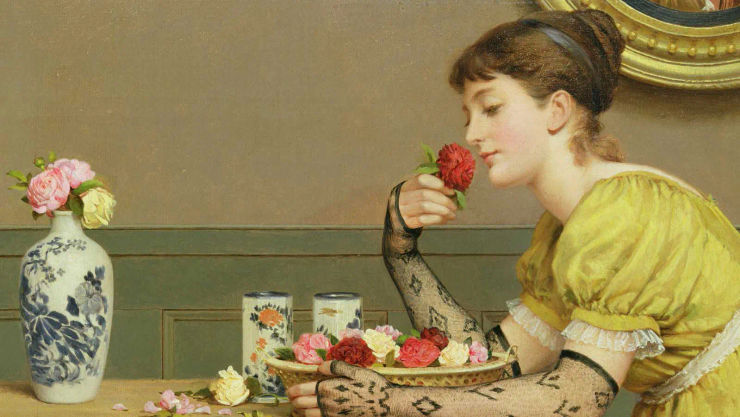Jane Austen: battle of the books
Members of the Pan Macmillan team take a turn around the office and make the case for their favourite of Austen's novels.

Happy 250th birthday year, Jane Austen. You may not be surprised to hear that there are some big Austen fans working at Pan Macmillan. And, although we know you don't have to pick favourites, we gave ourselves the compliment of rational (or perhaps equally irrational?) opposition and argued about her books anyway. After all, there is no enjoyment like having a discussion about reading (and, unlike Caroline Bingley, we do actually mean that). Here, members of the marketing team set out their stalls for each of her (completed) novels.
If you want to know more, head over to our guide to Jane Austen's books.
Pride and Prejudice
by Jane Austen
Alex, Head of Email, says: Pride and Prejudice is undeniably Austen's masterpiece. The fact it's been adapted for film, TV and the stage so many times surely speaks for itself? The dynamic between Elizabeth Bennet and Mr. Darcy, perhaps the very first example of an enemies-to-lovers romance, is full of witty banter, razor-sharp back-and-forth and passionate declarations of love that are burned into my brain. But what makes Pride and Prejudice a cut above the rest is the richness of the other characters – hysterical Mrs Bennet, flirtatious Lydia, the obsequious Mr Collins and, of course, the charming rogue Wickham.
Northanger Abbey
by Jane Austen
El, Head of Marketing at Picador, says: I think Northanger Abbey is woefully underrated. It’s Austen at her most playful, gently mocking the Gothic novels of her time while also celebrating the sheer joy of reading. Catherine Morland is such a refreshingly ordinary heroine – naïve, imaginative, and wonderfully real – that watching her grow into self-awareness feels both funny and moving. It’s a timeless coming-of-age story that feels surprisingly modern, as well as being a much cleverer satire than people give it credit for.
Sense and Sensibility
by Jane Austen
Emma, Senior Influencer Marketing Manager, says: Pride and Prejudice gets all the glory, but Sense and Sensibility has my heart! Marianne is one of the most wonderfully irritating, charming, and real characters I've ever read, even if as I get older I become less and less like her and more like Elinor. Some of the funniest side characters are in this book too – Mr Palmer, anyone? It also has the best film adaptation for a reason.
You've heard what we think, but don't just take our word for it
Read the ultimate guide to Jane Austen's books
Read moreEmma
by Jane Austen
Dais, Video and Influencer Marketing Executive, says: Emma is my favourite because what do you mean 'if I loved you less then I might be able to talk about it more.' That entire scene where you realise Knightley loves Emma for who she is, even though she makes mistakes and has flaws, feels so warming and safe. We get to see Emma grow into who she is and vitally, who she wants to be, and being on that journey allows you to grow with her. Also, I just relate to Emma: she's here for the drama.
Persuasion
by Jane Austen
Elle, Head of Video and Metadata, says: I love Persuasion because the two main characters are already in love – it's about them finding their way back to each other, and overcoming the barriers in their path. Also, you just can't forget 'You pierce my soul. I am half agony, half hope.' And extra points for it being in a letter so you don't have to deal with the embarrassment of having someone actually say that to your face.
Mansfield Park
by Jane Austen
Ellen, Website Editor, says: Whilst I love the cutting wit of Pride and Prejudice and Emma, and the swoon-worthiness of Persuasion, I also love a good rule. This is both handy in my line of work (*brandishes house style guide*) and also, perhaps, why I am drawn to the rather more moral tone of Mansfield Park, and more specifically, its protagonist Fanny Price's steadfast moral code. Unlike Austen's other heroines, Fanny is shy and reserved, forced by circumstance to live with her materially wealthy but morally rather bankrupt relatives in the house of the title. The love story here may be less sweeping, more slow burn than others in Austen, but if anything this makes it feel truly earned and all the more satisfying. Don't get me wrong, I love characters learning to put aside their prejudices, correcting past mistakes and being loved despite their flaws, but sometimes it's refreshing to read a decent, good character eventually getting what they deserve through just being good.

